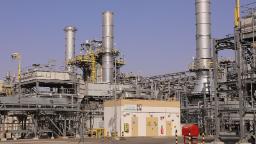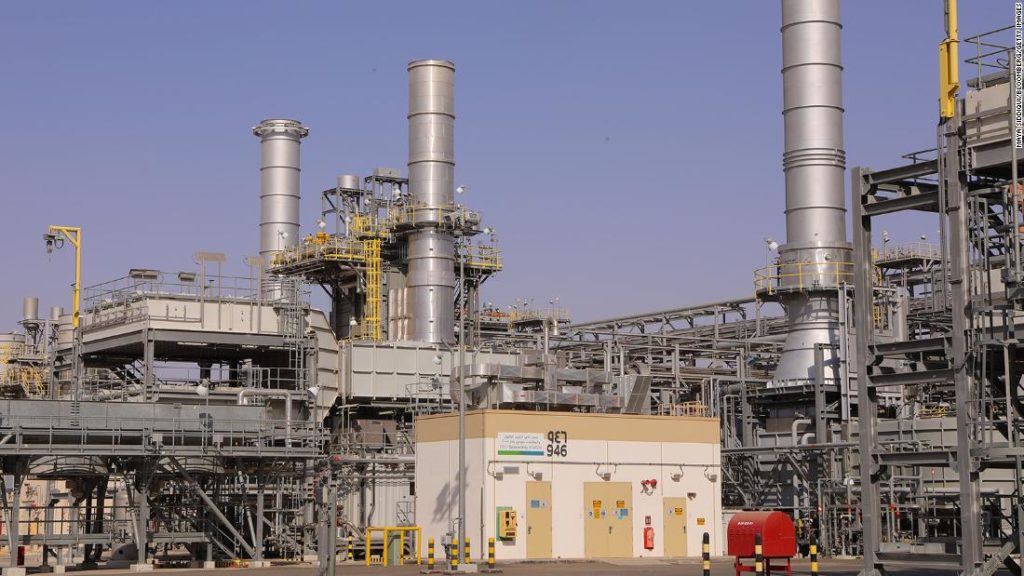
“The date of the next meeting will be decided in due course,” said the official statement.
US oil prices finished above $75 a barrel on Thursday for the first time in nearly three years, and are now trading near $75.50. It’s a remarkable recovery from April 2020 when crude crashed to negative $40 a barrel.
The rebound has been driven in part by soaring demand for gasoline and jet fuel as the pandemic winds down and health restrictions ease.
Wall Street analysts have said that only OPEC+ can come to the rescue by pumping more oil to meet surging demand.
Yet supply is being held back because of an agreement between OPEC and allies including Russia, a group that is referred to as OPEC+. The partners have only gradually added back production that it aggressively sidelined during last year’s oil crash.
OPEC member the United Arab Emirates, which has invested heavily in recent years to boost its production, has argued publicly that the baseline from which its share of production cuts are calculated is too low.
UAE Energy Minister Suhail Al Mazrouei said over the weekend that the current deal wasn’t “fair,” arguing it had been forced to idle one third of its production while other countries were allowed to pump more relative to their maximum output.
“We cannot extend the agreement or make a new agreement under the same conditions. We have the sovereign right to negotiate that,” the minister said in a televised interview on Sunday.
For many years, the UAE and Saudi Arabia have been close partners, forming the region’s most important alliance and a powerhouse within OPEC. Saudi Arabia is the de facto leader of OPEC and the UAE was its third-biggest producer in 2020.
Yet relations between the two nations have been tense more recently and analysts said that could factor into the current OPEC deadlock. In fact, some OPEC watchers see a risk that the UAE could leave the cartel altogether.
— CNN Business’ Chris Isidore contributed to this report
You may also like
-
Afghanistan: Civilian casualties hit record high amid US withdrawal, UN says
-
How Taiwan is trying to defend against a cyber ‘World War III’
-
Pandemic travel news this week: Quarantine escapes and airplane disguises
-
Why would anyone trust Brexit Britain again?
-
Black fungus: A second crisis is killing survivors of India’s worst Covid wave

